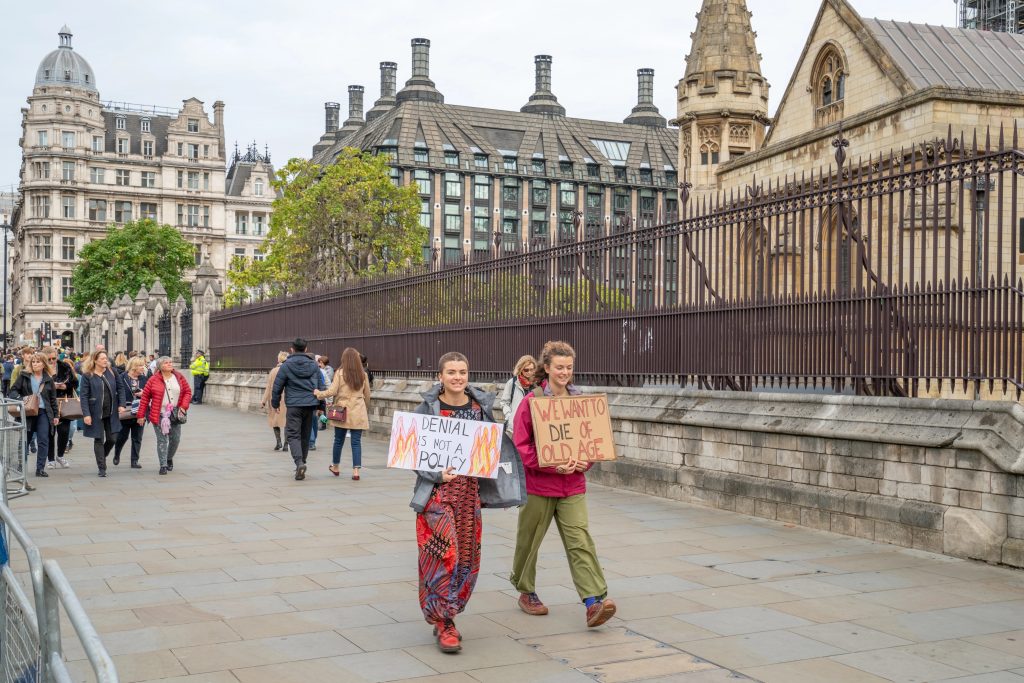
What if history’s most astonishing scientific discoveries and most daring art pieces had been driven not by belief, but by skepticism? For centuries, atheists have fueled raging arguments, social upheavals, and artistic renaissance numerous times questioning the norm and challenging conventional wisdom. Their tales are not merely stories of disbelief; they’re stories of the audacity to query, the obsession to explore, and the fervor to build a more perfect universe.
In 2025, the influence of famous atheists stretches from the classroom to the internet, from best-selling books to viral memes. This listicle spotlights the most fascinating ways these secular thinkers have shaped our culture sometimes sparking controversy, but always pushing the conversation forward. Get ready to meet the rebels, visionaries, and storytellers who prove that skepticism isn’t just a lack of belief it’s a force for progress.

1. The New Atheists: Science, Morality, and the Power of Debate
In the early 21st century, the so-called New Atheists Richard Dawkins, Sam Harris, Daniel Dennett, and Christopher Hitchens emerged, and their bestsellers and passionate debates made atheism a worldwide movement. What was their message? Science and reason provide more satisfying explanations than ancient dogmas. As the Internet Encyclopedia of Philosophy points out, these philosophers claimed that “empirical science is the only (or at least the best) basis for genuine knowledge of the world,” and that morality is independent of divine command.
Their style was uncompromisingly direct: Dawkins labeled religion “blind trust, without evidence, even against the evidence,” while Hitchens famously uttered, “God is not great.” This movement didn’t merely critique religious thought it reimagined what it means to be moral in a secular age, with Harris positing that “questions of right and wrong are really questions about the happiness and suffering of sentient creatures.” The New Atheists’ legacy? A culture in which critical thinking is hip, and vigorous argument is a mere intellectual self-care.

2. Atheism and the Internet: From Online Forums to Viral Videos
If you’ve ever watched a YouTube clip titled “Atheist DESTROYS Creationist with Facts and Logic,” you’ve witnessed the digital legacy of New Atheism. As Theos Think Tank explains, the rise of online atheism coincided with the explosion of social media, transforming skepticism into a global, meme-powered movement.
In the 2000s, forums like r/atheism and viral debates made atheism one of the internet’s hottest topics. Algorithmic pressure for “watch time” encouraged lengthy, adversarial videos rewarding producers who could “destroy” their rivals with good arguments. This phenomenon didn’t only engage; it created a new form of virtual tribe, wherein rationality was an identity and argumentation a sport. However, as platforms have advanced, so did the movement, sometimes conflating with other internet subcultures and igniting new discussions on the future of skepticism in a hyper-connected world.

3. Literary Rebels: Atheists Who Transformed the Canon
Literature has never been a safe space for grand questions and among its most uninhibited voices were die-hard atheists. Simone de Beauvoir, for instance, famously abandoned her religious background at age 14, going on to write “The Second Sex” and spark the modern feminist movement. As TheHumanist.com points out, de Beauvoir’s existentialism advocated that “the individual, not society or religion, is responsible for creating meaning in life.”
Other literary legends, such as Percy Bysshe Shelley, were expelled and estranged from family for their vocal unbelief Shelley’s “The Necessity of Atheism” was so inflammatory that Oxford University presented him with an ultimatum: recant or depart. He opted for integrity instead of complacency, a decision which to this day continues to speak to anyone who’s ever bucked the establishment. These authors didn’t simply doubt gods they envisioned new possibilities for what it is to be human, free, and artistic.

4. Science Without Dogma: Evolution, Cosmos, and Critical Inquiry
From the theory of evolution of Charles Darwin to the poetic descriptions of the cosmos by Carl Sagan, atheist scientists have attained some of the most revolutionary discoveries in the history of human civilization. Darwin’s “On the Origin of Species” not only revolutionized biology it revolutionized culture as well, shattering literal interpretations of creation and paving the way for a world described by natural law. As Godless Mom observes, Darwin’s writing “provided a scientific explanation for the diversity of life,” radically altering how we perceive ourselves.
At the same time, Carl Sagan and Stephen Hawking put the magic of the cosmos within reach, employing skepticism as a means of wonder and exploration. Sagan’s “Cosmos” and Hawking’s “A Brief History of Time” opened the books of science, encouraging millions to look up and question. Their gift? An environment where “why” is not only tolerated, but trumpeted.

5. Secular Humanism in Education and Society
Atheist and secular humanist scholars have quietly revolutionized what and how we learn. Summit Ministries states that “the biological sciences are taught with an assumption of naturalism,” and secular humanism’s impact is felt across the board, from psychology to sociology. It’s not merely about keeping religious perspectives out; it’s about placing evidence, inclusivity, and critical thinking at the forefront of the classroom.
The ripple effect? Decades of students educated to question assumptions, celebrate diversity, and tackle big questions with an open mind. Progress or provocation, call it what you will, there is no denying secular thinkers have changed the intellectual landscape making skepticism an essential element of education today.

6. Feminist and Social Justice Voices: Beyond the Four Horsemen
While the New Atheism movement was often criticized for its male-centric leadership, women like Ayaan Hirsi Ali and Simone de Beauvoir brought fresh urgency to the conversation. Hirsi Ali’s journey from devout Muslim to outspoken critic of religious oppression, as chronicled in “Infidel,” has inspired countless advocates for women’s rights and secularism. Her courage in the face of threats is a testament to the power of speaking out, even when it’s dangerous.
De Beauvoir, on her part, showed that challenging religious authority might be a radical act not only on a personal level, but on a societal level as well. Their lives illustrate how atheism and secularism blend with larger conflicts of equality, liberty, and human rights.

7. Comedy and Critique: Laughter as a Tool for Skepticism
Who’s to say atheism needs to be boring? Comedians such as Ricky Gervais, George Carlin, and Bill Maher have employed humor to defuse dogma and encourage viewers to challenge everything. Carlin’s acerbic sets questioned authority using wit, and Gervais’s caustic stand-up made religious criticism pay-banter entertainment. As the MSN list observes, these performers “merge comedy and critical debate,” making skepticism mainstream and entertaining.

8. The Evolution of Atheist Identity: From Rationality to Community
In the 2020s, atheism isn’t just about disbelief it’s about building community, finding meaning, and living authentically. As online spaces evolve, so do the ways atheists connect, support each other, and advocate for secular values. The “tribes” of internet atheism, once focused on debate, are now exploring new forms of activism, mutual aid, and creative expression. The journey from “rationality as identity” to “community as strength” marks a new chapter in the story of secularism.

9. The Debate Continues: Secularism, Morality, and the Future
The impact of influential atheists is not without controversy. Detractors charge that humanism is without a “basis for respecting another human being,” while allies highlight the beneficial influence of science-based morality and human rights shared across humanity. As society continues to struggle with issues of meaning, morality, and living together, the legacy of these thinkers continues to be at the forefront of the debate. Their willingness to challenge, provoke, and inspire guarantees that the argument about faith, reason, and the good life is by no means over.
From the lecture theatres of Oxford to the wilderness of YouTube, influential atheists have made their mark on science, literature, activism, and popular culture. Their stories are a reminder that questioning is not just an act of defiance its a journey of discovery, compassion, and evolution. In a world where certainty is in short supply and curiosity is king, their legacy is a reminder to keep asking, keep learning, and keep chuckling along the way.


